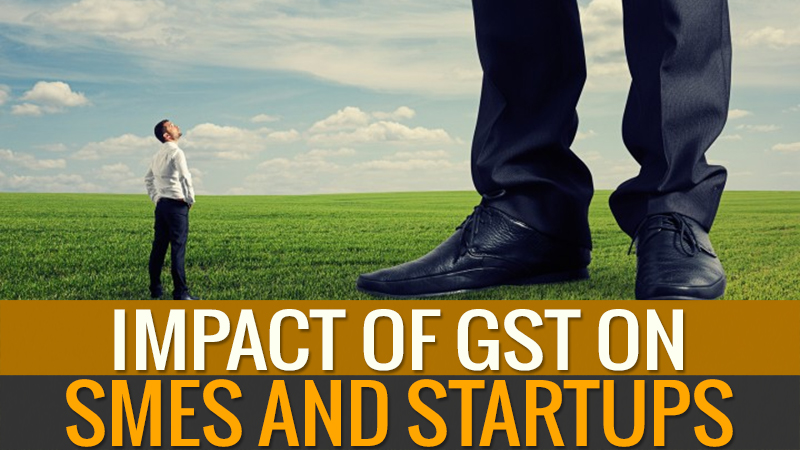
The Central Government is on the way to allow end-to-end private participation in the space sector but experts responded that the country’s legal and policy obstacles can cause some serious trouble.
Recently an online discussion was organised on “Unlocking India’s Private Space Sector: Legal and Policy Challenges”, it was organized by the NALSAR University of Law. During this discussion, a panellist said that “An Indian satellite-maker must pay 18 percent GST to launch satellites on ISRO’s rockets, whereas a foreign customer can do the same without paying any GST,”.
Recommendation of The 42nd GST Council Meeting
- “To encourage domestic launching of satellites particularly by young start-ups, the satellite launch services supplied by ISRO, Antrix Corporation Ltd. and NSIL would be exempted”. Read more
“The launch services provided to them (foreign firms) qualify as “export of service” which are exempt from the levy of GST. So it is cheaper for an Indian-origin company to register their business in a foreign country and launch using ISRO rockets as a foreign customer,” said the panellist.
Dr. AS Kiran Kumar, former chairman of ISRO also said that the Our country’s requirements from space technology is growing rapidly thus it is necessary to scale up its capacity. ISRO surely laid the foundation but the future also needs to be catered to. There are new opportunities which have just surfaced yet such as energy requirements, space-tourism, space-exploration/exploitation.
ISRO is the biggest customer of around a hundred Micro, Small and Medium Enterprises (MSMEs) 
Narayan Prasad, Co-founder and Chief Operations Officer at Satsearch On the ease-of-doing-business in India’s space sector, said that “Even if satellites are made here in India it is too expensive to launch them on ISRO rockets as we are required to pay 18% GST. Alternatively, it is easier, cheaper to register the same company as a foreign entity for tax exemption (GST in this case) and launch using ISRO rockets via the export of service route”.
In the discussion many topics had been covered, space law and policy were the main focus. The summary of all the discussion is that while formulating the laws and policies in the space field the government agencies have to work with the stakeholders belonging to the private sectors to get ready to seize all the opportunities coming in the near future.









